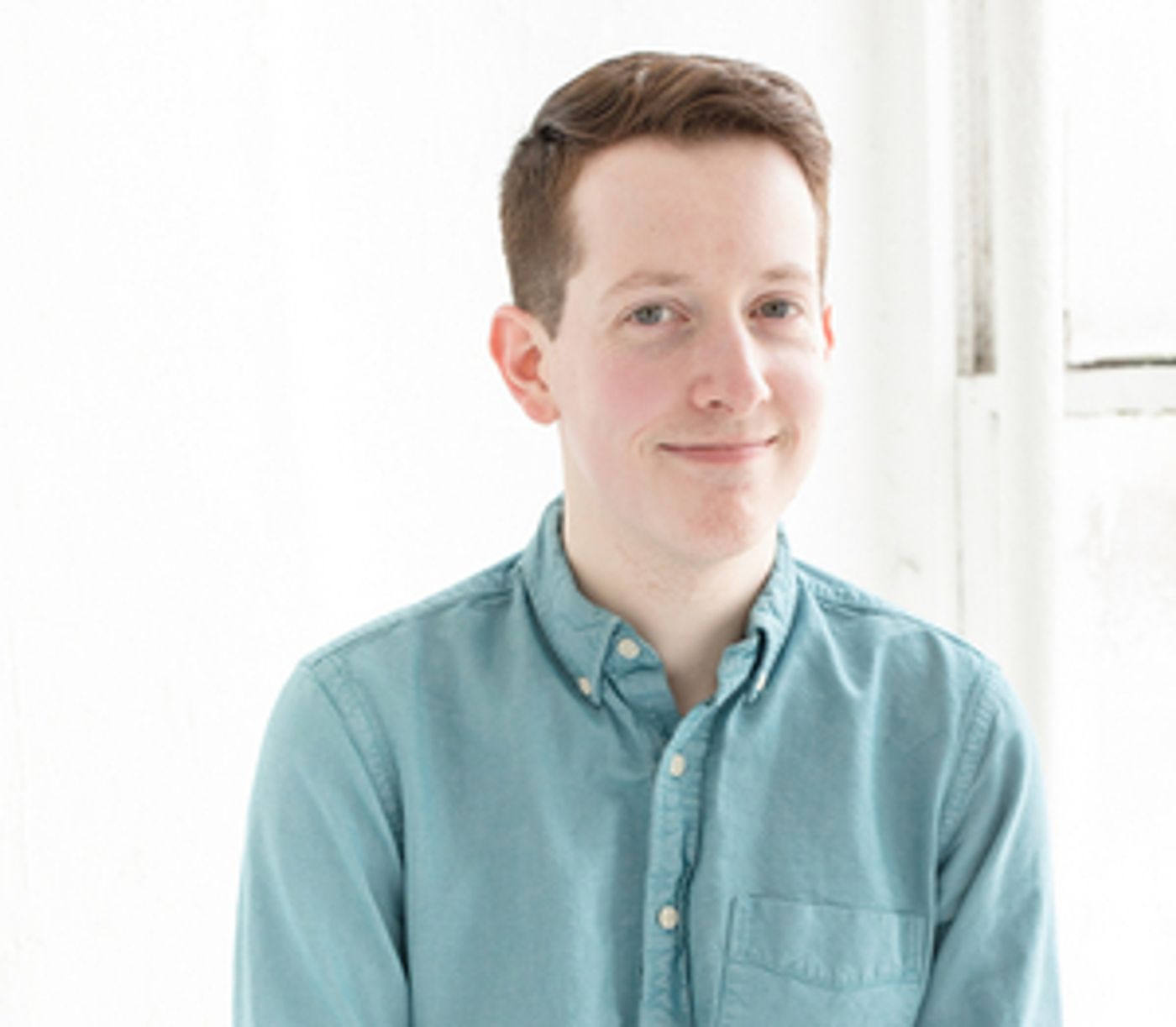Interview: Alex Hare Discusses His Upcoming Musical: A BURNING CHURCH
We chat with the the co-director & co-book writer of the new musical.

The upcoming show, A Burning Church is one of the few to debut during this his year's virtual rendition of the 27th annual Obie Award-winning Ice Factory Festival. The musical reflects on church leaders and devout members, along with the political movements that can challenge one's faith.
We sat down with Alex Hare, the co-director & co-book writer of A Burning Church (running from August 13 -15) to chat about the show, rehearsing during a pandemic, and the crossing of leftism and Christianity.
What was the inspiration behind your new show, A Burning Church?
A Burning Church tells the story of a Baptist church in Alabama over the last 30 years, and in that way it offers a particular lens on recent American history. The pastor in 1987 is a renowned Civil Rights Movement leader who's desperate to bring his congregation toward a liberation-minded theology, but by 2005, it has become a megachurch led by a white woman who preaches the capitalist-inspired prosperity gospel. In the present, a young pastor and her non-Christian girlfriend attempt to push the church in a more radical direction.
The show is about moments of profound transformation in people and institutions - how it happens, what obstacles emerge, and what the consequences are. One seed for the show was a theory by theologian Peter Rollins called "pyrotheology," which asks Christians to embrace doubt, uncertainty, and even atheism as being at the center of their belief; this kind of uncertainty leads to deep questioning of the current state of things and perhaps sparks major shifts, which we can think of as a metaphorical "burning." What does it mean for a church to be "on fire" - radically rethinking what it is and what it can be? How can we as individuals be on fire at all times? And what does it cost us to live that way?
You're presenting this work during the pandemic. How has COVID-19 impacted your work in the theatre?
My collaborators are Zhailon Levingston and Nehemiah Luckett (visionaries and joyful artists both), and we'll be developing the show further in conversation with churches across the country as part of a fellowship with the organization A Blade of Grass. Before the pandemic, I wondered if churches would feel that the questions we're asking are too esoteric or abstract. Now, I think all places of worship (not to mention all theaters) are having to confront these questions in a visceral and existential way. What is the function of a church or a theater without gathering? How will they have to change to stay alive?
Has the recent Black Lives Matter movement also played a role in your creativity?
I think the current protest movement has forced many institutions and people (certainly me) to get comfortable being uncomfortable and assess the ways we are falling short of the moral imperative to support movements for the liberation of Black people. In finding ways to plug into that work this summer, I've been really inspired by the vibrant intersection of leftism and Christianity - it exists! Reading leftist and liberation theology (like James Cone's The Cross and the Lynching Tree, to name one text) has expanded my political imagination, and I encourage any non-Christian like me (I was raised Jewish and am generally atheist-y) to consider engaging with it. Sometimes going far outside yourself can really reframe things - and that's also what I'd say to potential non-Christian audience members of A Burning Church who might question whether a musical about a church is relevant to their lives. My short answer is yes!
What is is like to rehearse and prepare for a theatrical performance virtually?
Rehearsing a musical virtually is hard!! We all feel the desire to be in the same room working through songs, testing out a different chord here, a new harmony there, and harnessing our collaborative energy to breathe life into the music. But we're finding ways to make the music come alive, and the benefit of this process has been getting to work with an incredibly talented cast and creative team who live all across the country.
What is the main takeaway you hope for your viewers after watching A Burning Church?
I suspect the show will mean something very different to each audience member based on what kind of experience with organized religion they are bringing into the (virtual) space. That said, our closing song, "Love You Well," acts as a kind of benediction after the presentation, and the first lyric (by Zhailon Levingston) feels like a commitment for these times: "I'm gonna love you well / the other side of the movement."
Photo courtesy of DARR Publicity
Videos

